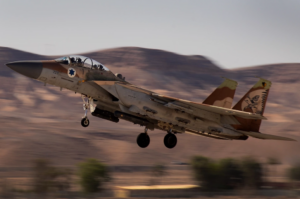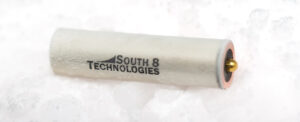The head of a House panel is expressing concern about levels of funding for ground-based interceptors (GBIs) that are part of the Ground-Based Midcourse Defense (GMD) system for national missile defense. Rep. Michael Turner (R-Ohio), chairman of the House Armed Services Strategic Forces subcommittee, said he is "deeply concerned" about Boeing's [BA] GMD system in Alaska and California, which is intended to protect the United States from long-range ballistic missiles. "Back-to-back flight test failures this past year raise doubts about…
Contract Updates
UPDATE: Affirmative Solutions LLC (Cheyenne, Wyoming (SPE2DE-26-D-0003) – $49,500,000)
UPDATE: Affirmative Solutions LLC,** Cheyenne, Wyoming (SPE2DE-26-D-0003, $49,500,000) has been added as an awardee to the multiple award contract for medical and surgical supplies for the Defense Logistics Agency Electronic Catalog, issued against solicitation SPE2DE-22-R-0017/SPE2DE-26-R-0003 and awarded Sept. 28, 2023.
BL Harbert International LLC (Birmingham, Alabama) – $171,506,091
BL Harbert International LLC, Birmingham, Alabama, was awarded a $171,506,091 firm-fixed-price contract for the conversion of existing administrative space to a data center, laboratories, and updated administrative space. Bids were solicited via the internet with three received. Work will be…
ICF Mercantile LLC (Warren, New Jersey) – $150,000,000
ICF Mercantile LLC,* Warren, New Jersey, has been awarded a maximum $150,000,000 firm-fixed-price delivery order (SP8000-26-F-0008) issued against an indefinite-delivery/indefinite-quantity contract (SP8000-26-D-0005) for aerospace grade rayon fiber. This was a sole-source acquisition using justification 10 U.S. Code 3204 (a)(3)(A), as…
Lockheed Martin Corp. (Orlando, Florida) – $328,500,000
Lockheed Martin Corp., Orlando, Florida, was awarded a ceiling of $328,500,000 undefinitized contract action issued as a letter contract for Department of Defense and Foreign Military Sales (FMS) Sniper, Infrared Search and Track, and Low Altitude Navigation and Targeting Infrared…













